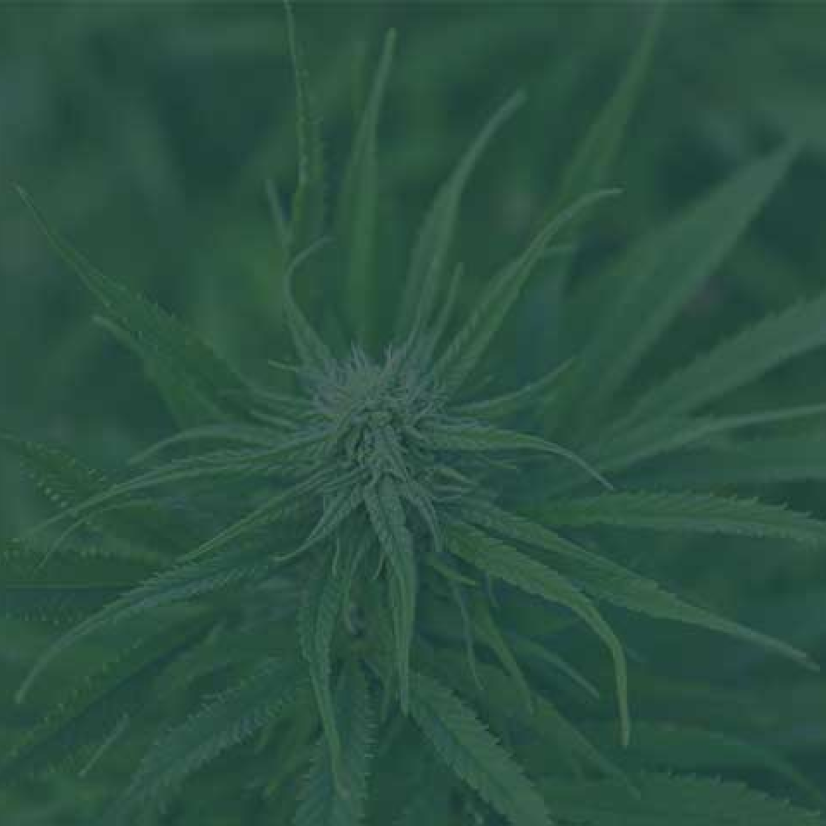Nature’s Perfect...
Why Hemp Oil Is the Most Balanced Plant-Based Omega Source When it comes to plant-based nutrition, balance is everything....
The hemp industry is at a crossroads. While hemp has proven its value as a source of protein, fiber, and oil, the infrastructure supporting it—from farms to processors to finished goods manufacturers—is still developing. Building a strong, reliable hemp supply chain is not just an opportunity for growth; it’s a necessity if hemp is to reach its full potential as a staple in food, feed, and sustainable materials.
A functional supply chain begins with reliable farmers. Hemp is a versatile crop, but it requires specialized harvesting and handling practices. Without consistent growing standards, downstream processors can’t guarantee quality or uniformity. Once harvested, the crop must move through cleaning, milling, pressing, and blending facilities before it ever reaches the hands of food companies, pet food manufacturers, or material innovators.
Every link in this chain must work together seamlessly—otherwise, bottlenecks, lost revenue, and wasted raw material threaten the entire system.
Consistency & Trust
Food and ingredient buyers demand consistency. Without a structured supply chain, it’s difficult to deliver hemp ingredients that meet strict specifications week after week.
Market Access
Without processing capacity, farmers can’t sell their hemp. Without buyers, processors can’t justify investment. A strong supply chain unlocks market access for everyone.
Scalability
For hemp to move from niche to mainstream, we need volume. Scaling requires coordinated logistics—from trucking raw hemp to delivering packaged ingredients in super sacks, drums, or retail-ready packs.
Innovation
Hemp’s potential goes far beyond food—into textiles, plastics, biofuels, and building materials. None of these industries can innovate without reliable raw material supply. A built-out supply chain is the launchpad for this innovation.
If the hemp industry fails to invest in infrastructure, other crops will fill the gap. Soy, pea, and sunflower have already built global supply chains that make them easy for companies to source at scale. Without a comparable system, hemp risks remaining a specialty crop rather than a true competitor.
To build the hemp supply chain, we need:
Investment in processing facilities that can handle a range of hemp products, from proteins to oils to fibers.
Partnerships between farmers, processors, and brands to secure reliable volume commitments.
Clear regulatory frameworks that give businesses confidence to invest in the future of hemp.
At Laketown Mills, we’re committed to helping build this foundation. By processing hemp and other specialty grains into high-quality ingredients, we’re working to bridge the gap between farmers and brands, ensuring that hemp can take its rightful place as a cornerstone of the sustainable food and materials economy.

